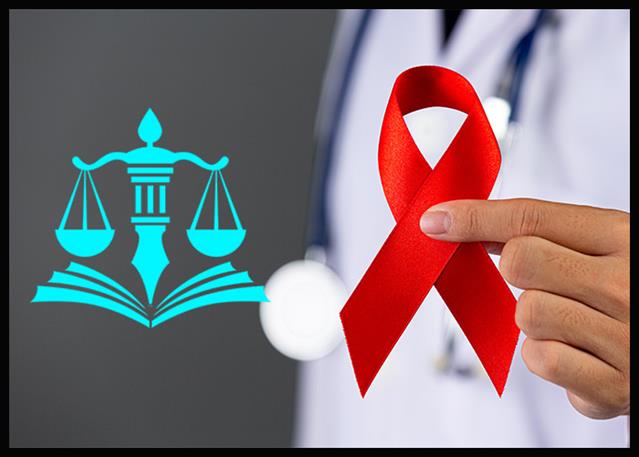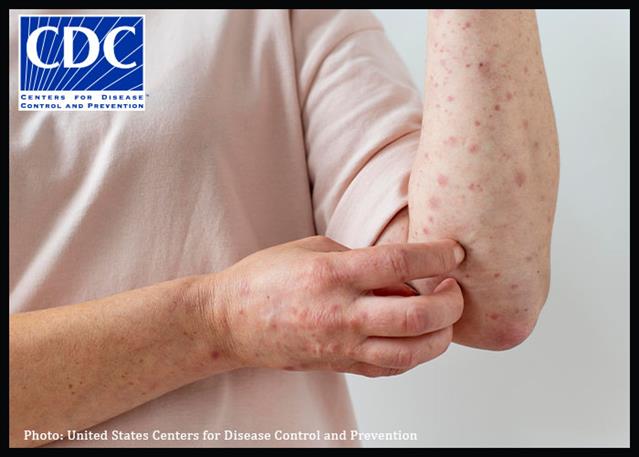
A recent report by the Ohio Capital Journal unveiled findings from two Ohio organizations, revealing over 200 instances of HIV-related prosecutions in Ohio.
Equality Ohio and the Ohio Health Modernization Movement (OHMM) researchers examined data from 2014 to 2020, focusing on six existing statutes within Ohio law that criminalize or impose penalties on individuals living with HIV.
These laws in Ohio consider not disclosing HIV, hepatitis, or tuberculosis status before engaging in sexual activity as a form of felony assault, regardless of transmission risk or protective measures taken.
Between 2014 and 2020 in Ohio, 56% of HIV-related cases were prosecuted under the “harassment with a bodily substance” provision of Ohio law, while 36% were charged with felonious assault. A small percentage of cases were linked to sex work, as per the study by Equality Ohio and OHMM. Offenders could face a second-degree felony conviction, a fine of $15,000, and a prison sentence ranging from two to eight years.
These charges stem from six Ohio laws aimed at preventing HIV transmission and addressing the AIDS epidemic. However, these laws have not been updated since the 1990s, failing to reflect current scientific knowledge about HIV treatment and transmission.
The CDC reported that as of last year, 34 states, including Ohio, had laws criminalizing HIV exposure, with Ohio being one of 21 states with HIV-specific statutes and regulations.
The report by Equality Ohio and OHMM argues that the current laws do not account for the low transmission risk in most scenarios targeted, as they do not require actual transmission, intent to transmit, or the likelihood of transmission. These arguments are supported by the CDC, which confirms that HIV is not transmitted through saliva or unbroken skin, and there have been no documented cases of HIV transmission through spitting.
Enforcement of these laws in Ohio varied across different regions, with a concentration of cases in Cuyahoga County, followed by Hamilton, Lucas, Franklin, Montgomery, and Warren counties.
The report also highlights a racial disparity in the prosecution of individuals under HIV-criminalization laws compared to the general population, with Black defendants accounting for over 35% of cases despite Black Ohioans making up only 12.5% of the population.
Copyright © 2024, RTTNews.com, Inc. All Rights Reserved.















